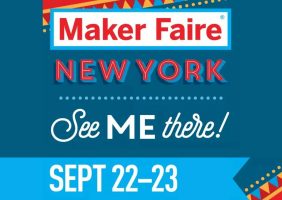Achieving Happiness: Understanding Brain Chemistry and Cultivating Well-Being
Happiness is said to be a measure of your subjective well-being; it’s a state of mind. Depression, stress, anxiety, loneliness and other mental health problems are on the rise. The world we live in today is vastly different to the…





